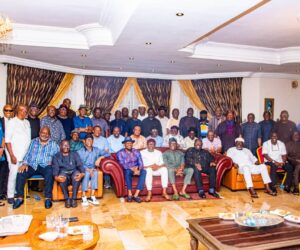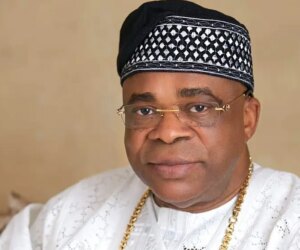President Bola Tinubu has declared that Nigeria now has more money and less corruption following the economic reforms his administration introduced over two years ago.
Speaking to investors in Brazil on Tuesday, Tinubu said the measures — including the removal of fuel subsidies and the liberalisation of the foreign exchange market — had curbed currency speculation, boosted revenues, and created a more competitive economy.
“The reforms I’ve embarked upon since I took over in Nigeria have been very impactful. It was initially painful, but today the result is blossoming,” Tinubu said. “It’s getting clearer to the people. We have more money for the economy, no more corruption.”
The subsidy regime, which ended in 2023, had cost the country about N10 billion, while multiple exchange rates created arbitrage opportunities that enriched a few elites at the expense of the wider economy.
Nigeria’s reform programme, one of the toughest since 1986, initially triggered the worst cost-of-living crisis in a generation, with inflation hitting multi-year highs and the naira losing over 70 per cent of its value.
Read Also: Osun monarch jailed for 4 years in US over COVID loan fraud
That pressure has begun to ease, with headline inflation dropping to 21.88 per cent in July — a four-month low — and the naira stabilising after months of volatility.
Government revenues have also surged. Between January and July 2024, the Federation Account Allocation Committee (FAAC) disbursed N12.08 trillion, representing 78.19 per cent of the total federally generated revenue of N15.45 trillion.
However, the reforms have deepened poverty. According to the World Bank, 129 million Nigerians — more than half the population — now live below the poverty line. A government social cash transfer scheme targeting 15 million vulnerable citizens has so far reached only 36 per cent of eligible beneficiaries, PwC data shows.
The naira’s sharp devaluation has also caused Nigeria to slip from Africa’s largest economy to fourth place. Even after a GDP rebasing, the economy expanded by only 30 per cent to $243 billion.








